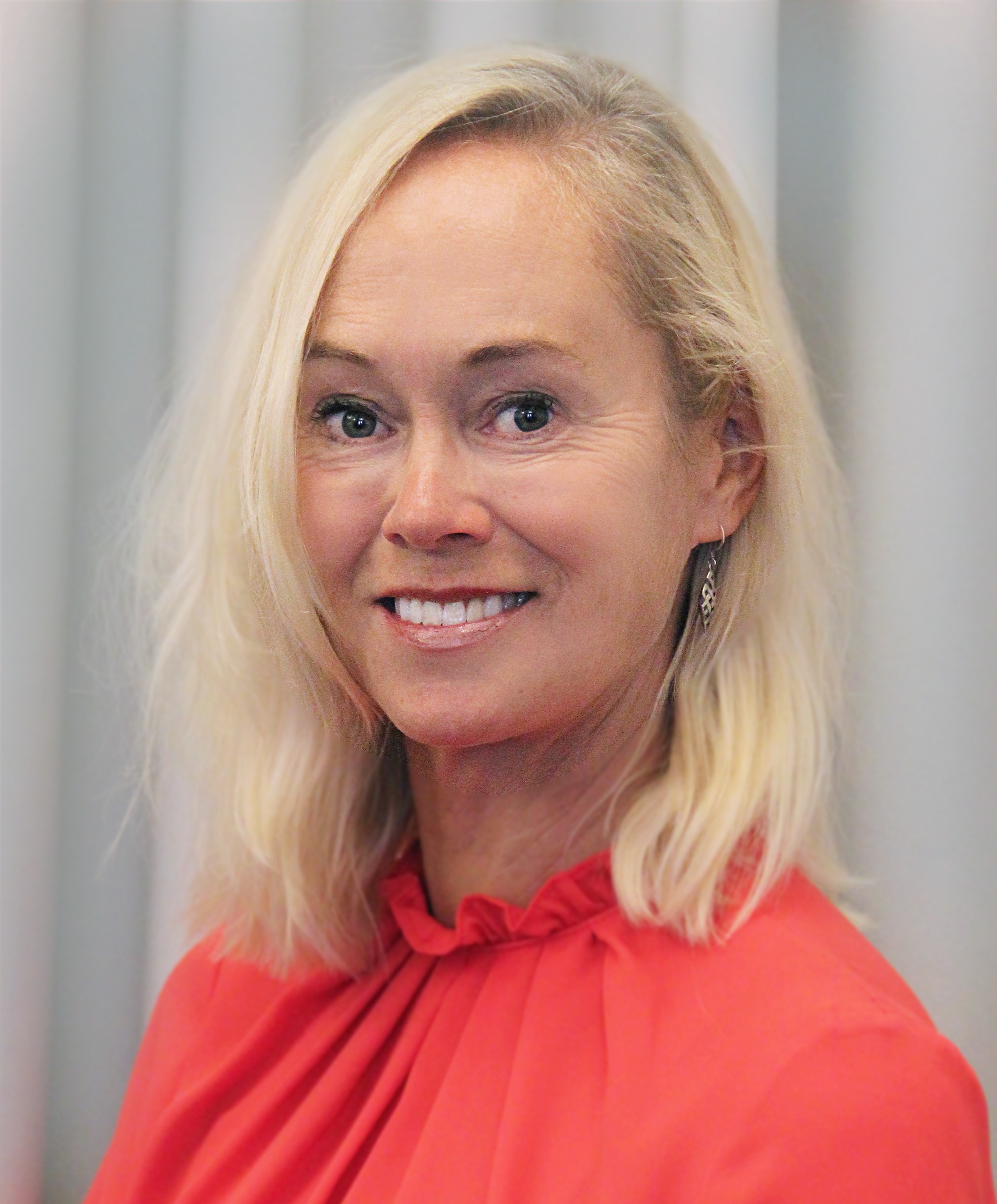PERSPECTIVES
Many pharmaceuticals used daily by millions of people end up in the sewer. Because these molecules are small, they are difficult to filter out of sewage. The drug residues thus enter surface water, posing a threat to the water chain.
To address this problem, research was conducted to see if it is possible to develop toilet paper that will bond with the drug residues, so that they are better removed from sewage. Lignin, a common network polymer in plants, was found to bond well with the micropollutants. Our research showed that it is possible to significantly reduce the pollutant pharmaceuticals in surface water using toilet paper containing lignin.
This is how I came up with the idea for this project:In 2019 our school gave us the posibility to take part in an honours program at the water research institute called Wetsus. The three of us applied and were accepted into the program. Diona and Femke did research into pharmaceutical residues in surface water and Elle researched bacteria in water pipes, until March 2020. Due to the pandemic, it was no longer possible to continue the program. Diona and Femke regretted not being able to complete their research and when they had the posibility to re-do it in 2022, they took the opportunity. Elle was also interested in the topic and was eager to join them in their research. This is how the idea arose to re-enter the world of water and trying to find a sustainable way of reducing pharmaceutical residues in surface water.

Programme manager ania.andersch@siwi.org +46 8 121 360 59